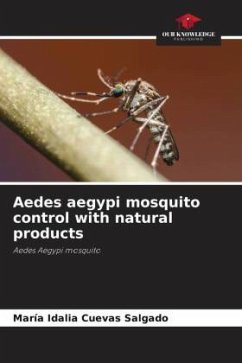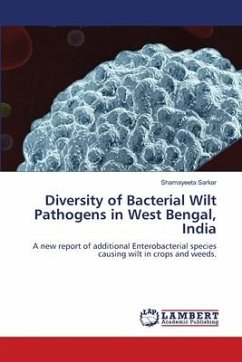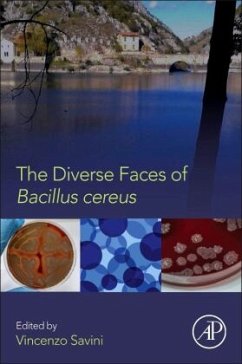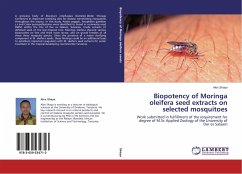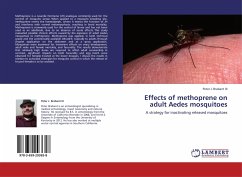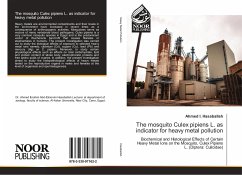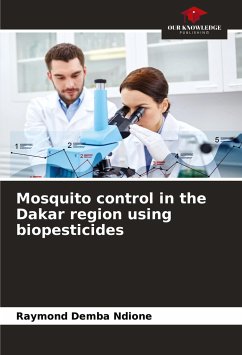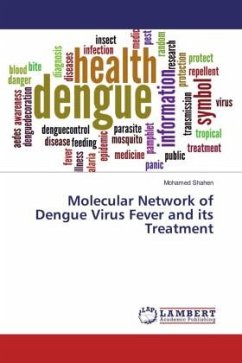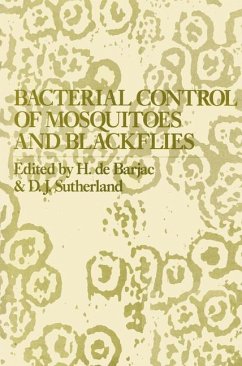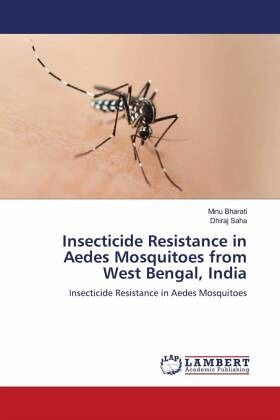
Insecticide Resistance in Aedes Mosquitoes from West Bengal, India
Insecticide Resistance in Aedes Mosquitoes
Versandkostenfrei!
Versandfertig in 6-10 Tagen
56,99 €
inkl. MwSt.

PAYBACK Punkte
28 °P sammeln!
Mosquitoes, one of the most successful hematophagous arthropods are responsible for the transmission of numerous dreadful diseases, such as Malaria, Dengue, etc. Aedes mosquitoes are closely associated with the human colonies and occur near such dwellings, commonly laying eggs in and around human houses. Since the discovery of insecticides, they have been used heavily for mosquito control. In India, Organochlorines (DDT, Dieldrin, Aldrin etc), Organophosphates (Malathion, Temephos, Dichlorvos, Chlorpyrifos), Synthetic pyrethroids (Lambdacyhalothrin, Deltamethrin, Permethrin, Cypermethrin and i...
Mosquitoes, one of the most successful hematophagous arthropods are responsible for the transmission of numerous dreadful diseases, such as Malaria, Dengue, etc. Aedes mosquitoes are closely associated with the human colonies and occur near such dwellings, commonly laying eggs in and around human houses. Since the discovery of insecticides, they have been used heavily for mosquito control. In India, Organochlorines (DDT, Dieldrin, Aldrin etc), Organophosphates (Malathion, Temephos, Dichlorvos, Chlorpyrifos), Synthetic pyrethroids (Lambdacyhalothrin, Deltamethrin, Permethrin, Cypermethrin and its derivatives, Cyfluthrin) and Carbamates (Propoxur, Bendiocarb) have been widely used for both mosquito control as well as agricultural pest control. Resistance to insecticides can be caused by a range of modifications within a mosquito, such as behavioural alteration, physiological modifications within the cuticle reducing the insecticide penetration, biochemical changes within the activity of major insecticide detoxifying enzymes or structural modification within the target of the insecticide thereby blocking the insecticide binding and subsequent action.



